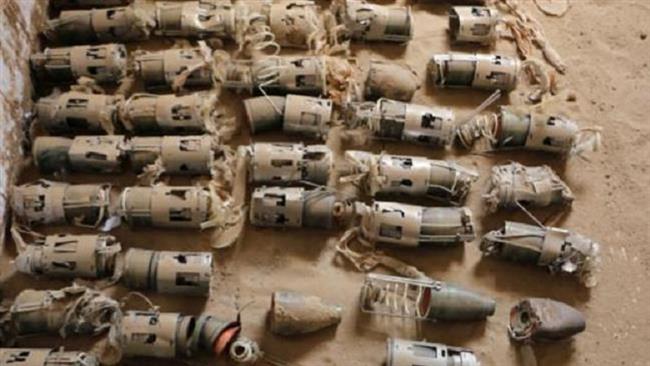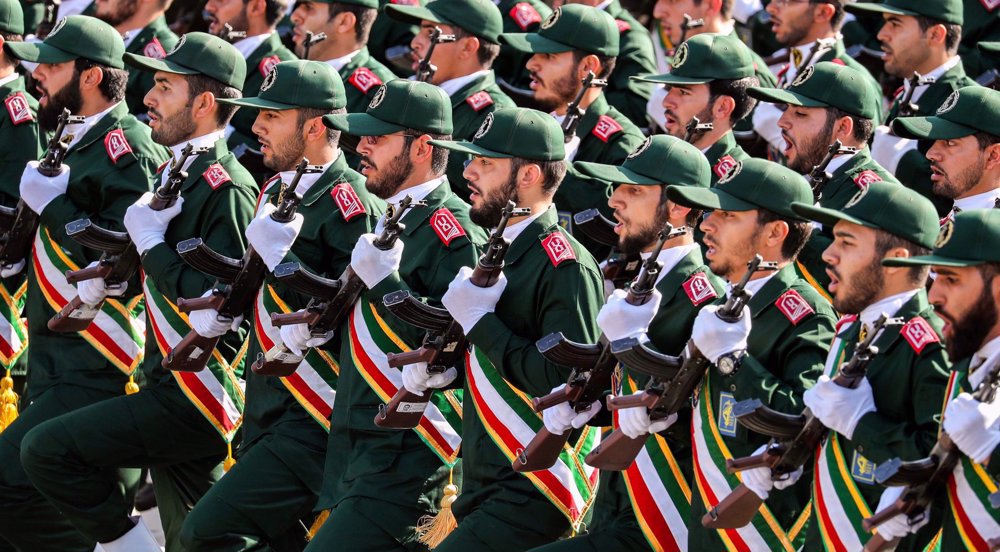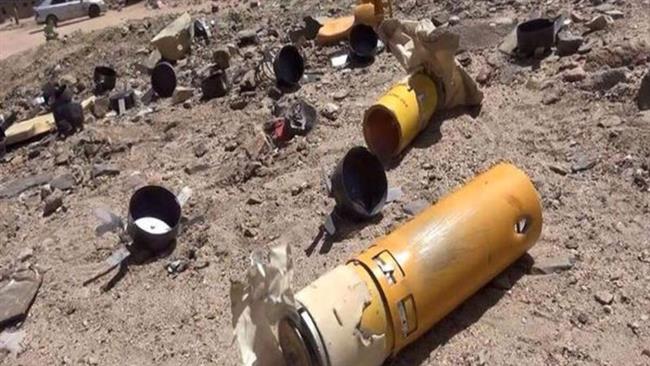Saudi-led coalition keeps using cluster bombs on Yemen: Amnesty
Amnesty International has slammed the Saudi regime and its allies for dropping cluster bombs on residential areas in Yemen despite the global outcry against the use of such internationally-banned weapons by the Riyadh-led coalition.
In a Thursday statement, the UK-based rights group said the Brazilian-manufactured munitions were used by the Saudi-led coalition in a February 15 attack on three residential districts and agricultural land in the northern province of Sa’ada, wounding two people.
The report also said that the coalition fired cluster munitions in October 2015 and May 2016.
The coalition “absurdly justifies its use of cluster munitions by claiming it is in line with international law, despite concrete evidence of the human cost to civilians caught up in the conflict,” said Lynn Maalouf, research director at Amnesty’s Beirut regional office.
“Cluster munitions are inherently indiscriminate weapons that inflict unimaginable harm on civilian lives,” she said.
Amnesty called on Brazil “to join the Convention on Cluster Munitions and urged Saudi Arabia and coalition members to put an end to all use of cluster munitions.”
The weapons can contain dozens of smaller bomblets, dispersing over vast areas, often killing and maiming civilians long after they are dropped.
Multiple rights groups, including Amnesty International and Human Rights Watch, have on various occasions reported the use of cluster bombs by Riyadh’s military in Yemen.

In December, Human Rights Watch accused the Saudi-led coalition of firing Brazilian cluster bombs near two schools in Sa’ada, killing two civilians and wounding six others, including a child.
The incident came a day after Riyadh joined the US and Brazil in abstaining from a UN General Assembly vote that overwhelmingly passed an international ban on the use of cluster munitions.
The Saudi-led coalition acknowledged in December it had made “limited use” of British-made cluster bombs but said it had stopped using them.
In May 2016, Amnesty provided evidence showing that British-made cluster bombs had been used by Saudis against civilians in Yemen.
Britain delivered 500 cluster bombs to Saudi Arabia in the 1980s which were used in its war on Yemen.
This is while the UK is a signatory to a 2010 international treaty banning the use of cluster munitions which commits Britain to disposing of all cluster munitions and working to prevent their use by anyone else.
Saudi Arabia began its military aggression against Yemen in late March 2015 in a bid to restore power to Riyadh-backed former president Abd Rabbuh Mansur Hadi.
The Saudi campaign has claimed the lives of over 12,000 people, according to the figures compiled by the Yemeni non-governmental monitoring group Legal Center for Rights and Development.
Iran’s deterrence power strengthened after ballistic missile upgrades: Top general
Hind Rajab Foundation files war crimes complaint in US against Israeli-American trooper
VIDEO | Press TV's news headlines
VIDEO | Coordination Framework gives Kurdish parties 48-hour deadline to choose presidential nominee
VIDEO | Palestine Action activists walk free after huge court win
VIDEO | Italy's and EU's hypocrisy exposed when it comes to condemning Israeli crimes
VIDEO | Islamabad seminar exposes failed US-backed pressure campaign against Iran
VIDEO | Ethiopians gather at Venezuelan Embassy to voice support amid US aggression












 This makes it easy to access the Press TV website
This makes it easy to access the Press TV website